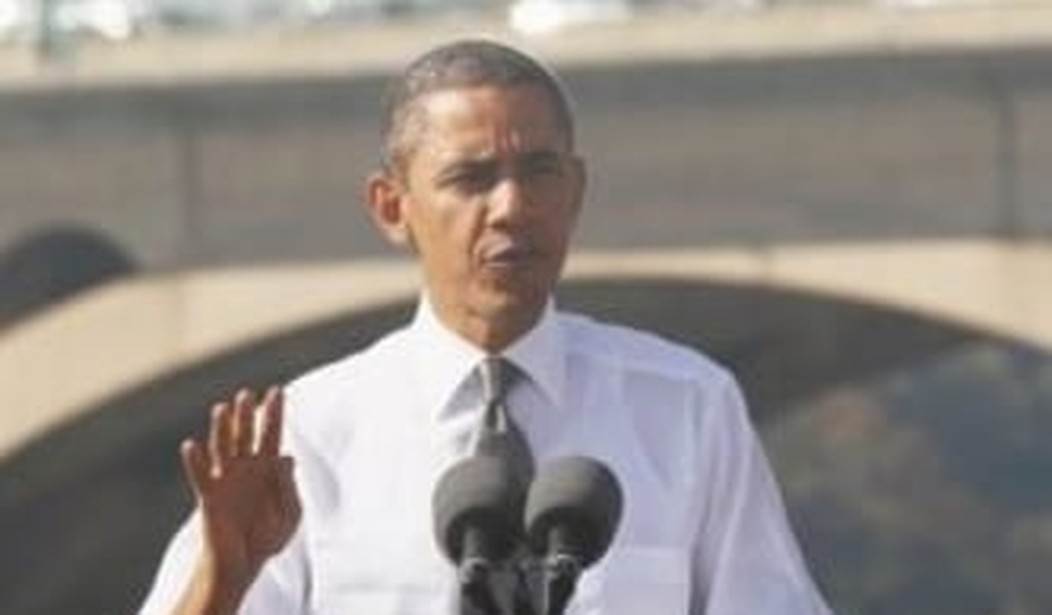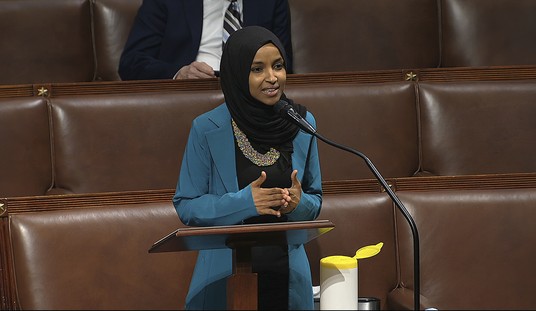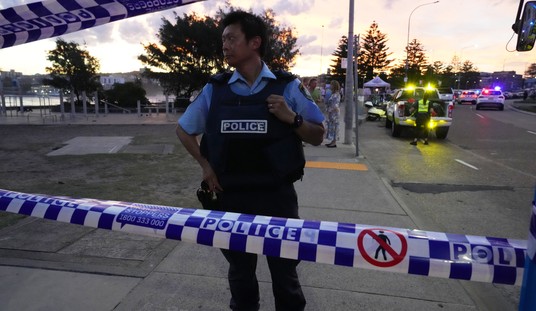Although it was reprehensible that the United Arab Emirates (UAE) refused to give Israeli tennis player Shahar Peer an entry visa for a WTA-sanctioned tournament and the world stood idly by, there might be a silver lining to the whole episode. It could serve as a wake-up call to remind the world of the dangers that the UAE poses to Israel — while most of the international attention is focused on Iran.
Many people — including prominent Jews such as Abe Foxman, director of the Anti-Defamation League, and David Rubinstein, co founder of the private equity firm Carlyle Group — believe that the United Arab Emirates is a moderate Arab state (an oxymoron if I ever heard one) and dismiss any concerns. Although NYU has many Jewish — and specifically Israeli — professors and students, Foxman supported NYU’s decision to build a branch in Dubai. He said in City Journal, “Abu Dhabi and Dubai are moving towards greater openness and tolerance.”
For sure, the current economic crisis and the low price of oil have blunted Dubai’s power, but that does not mean that they will not pose any economic threat to Israel in the future. Although the UAE might be quieter about it, the Arab League boycott of Israel is very much in effect there. The Jerusalem Post reported on their telephone conversation with Muhammad Rashid Adin, a member of the Dubai Customs Department’s Office for the Boycott of Israel. “Yes, of course, the boycott is still in place and is still enforced. If a product contained even some components that were made in Israel, and you wanted to import it to Dubai, it would be a problem.”
While it makes for great newspaper headlines when Netanyahu proclaims that “it is 1939 all over again” with regard to Iran, I am equally concerned that landmark days in Israeli history like February 17, 1982, will stop happening. February 17 was the date that the first Israeli company, Teva Pharmaceuticals, went public on the Nasdaq exchange. This exchange is now partially Arab controlled. If the Arab boycott were extended to the Nasdaq, the Israeli economy would lose an important source of capital.
The Nasdaq sold 20% of itself to Borse Dubai in a complicated swap involving the OMX Exchange in Sweden. Borse Dubai is a holding company created by the government of Dubai for their holdings in Dubai Financial Market and the Dubai International Financial Exchange (DIFX). When the deal was announced, Borse Dubai’s chairman, Essa Kazim, told the New York Times, “Our primary objective is to build a world class, growth oriented exchange out of Dubai and to become the center for capital markets activities in the emerging markets.”
Where does the Dubai purchase of the Nasdaq leave Israel? The total market capitalization of Israeli companies on the NASDAQ is approximately $50 billion (pre market crash). Israel is the number one foreign issuer with a total of 90 companies. The Nasdaq, in appreciation of the value of Israeli companies on the exchange, currently defrays some of the cost of listing for Israeli companies. In addition, the Nasdaq holds Israeli Company Day to introduce Israeli stocks to institutional investors. With Arab owners, it is doubtful that these activities will continue during flush times.
The logical Israeli response would be to turn to the London Stock Exchange (LSE). But we will be blocked there also. In a related transaction, the Nasdaq sold Borse Dubai a 28% stake in the LSE. The government of Qatar also bought a 24% stake in the LSE at the same time. Israeli companies now face the prospect of listing on an exchange that is almost 50% owned by Arabs.
There are presently more than 93 Israeli companies listed on the London Stock Exchange and the Alternative Market (AIM). Israel is the fourth largest foreign issuer there and quickly climbing up the rankings. The London Stock Exchange has increased its cooperation with the Tel Aviv Stock Exchange. This has benefited both Israeli companies listed on the Tel Aviv Stock Exchange and Israeli institutions.
Some may underestimate the threat of Arab ownership of the exchanges to Israel. Hi-tech is Israel’s oil. Israel’s version of oil needs capital to operate. Although there are several ways to access capital, the public stock markets have proven the most effective at maximizing the value of businesses in Israel. The effect of the reduced access to capital will not be limited to the hi-tech sector in Israel. If hi-tech in Israel catches a sniffle, the Israeli government budget comes down with the flu.
The bad news from Dubai is not finished. The government of Abu Dubai purchased a 7.5% stake in the private equity firm the Carlyle Group, well-known for its ownership of defense contractors. The many defense contractors controlled by the Carlyle Group could refuse to use Israeli subcontractors in deference to Abu Dhabi. In 2006, defense exports from Israel totaled $4.4 billion. Even worse, the government of Dubai could block the IDF from purchasing weapons vital to Israel’s defense from these military suppliers. They will also have the direct access to purchase them for their own defense.
The Carlyle group, with a Jewish David Rubinstein at the helm, is already participating in the Arab boycott without recriminations from the rest of the world. Carlyle has established a Middle East fund to invest in the region that will exclude investment in Israel. The New York Times sanguinely reports that sources close to the fundraising for this fund say that it would be next to impossible to raise money from other Middle East countries if Israel was one of the countries in the Middle East fund.
Now is the time to assess the damage that Dubai can wreak on Israel when the financial crisis is over. The spigots of capital and access to defense manufacturers will not be turned off right away. Dubai is much too clever for that. It will happen gradually and quietly. The other shareholders/owners will blithely defer to Dubai out of laziness or greed.









Join the conversation as a VIP Member